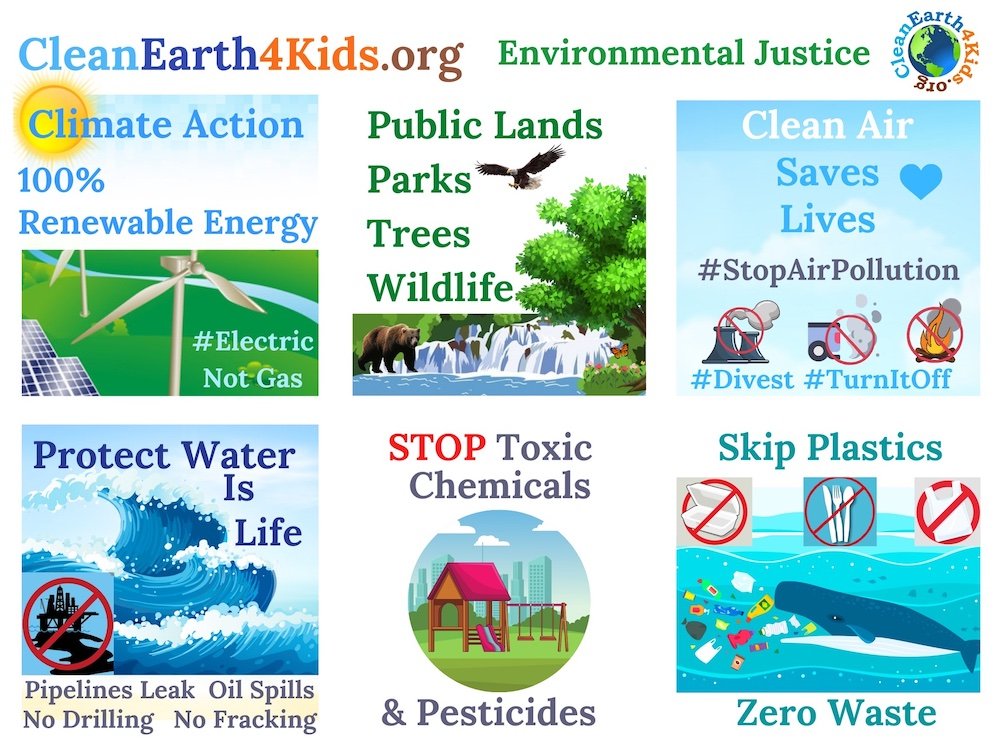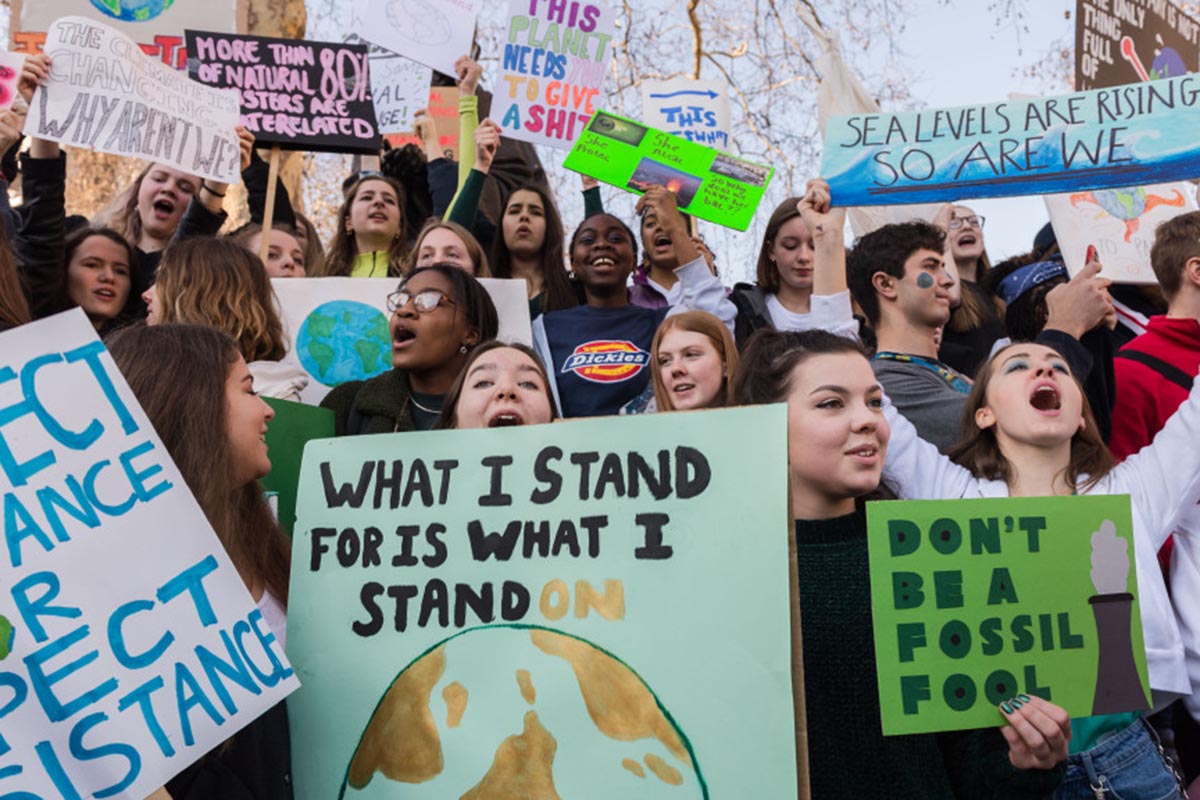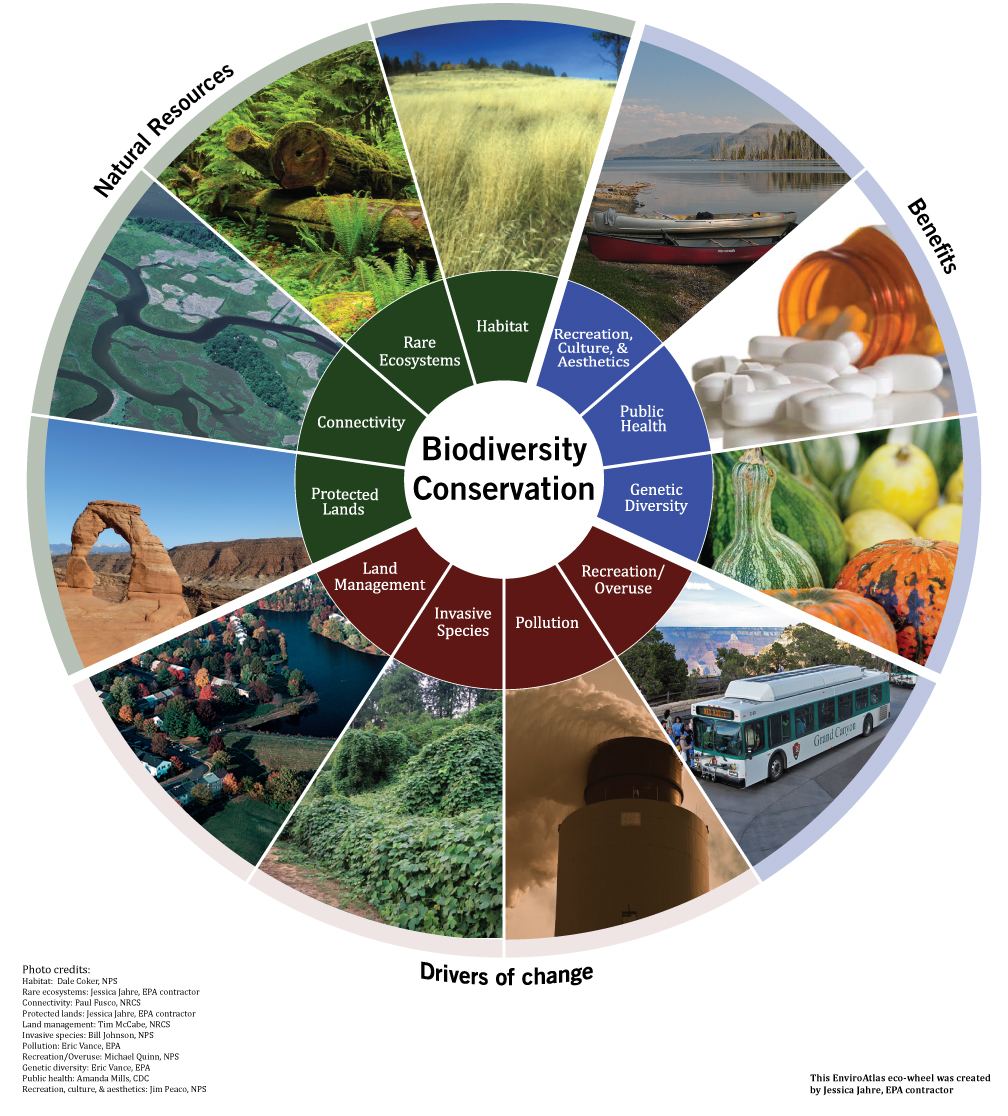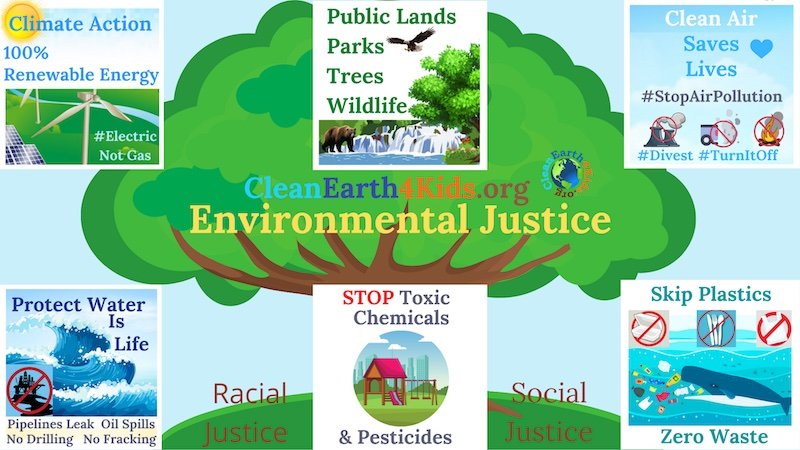As we move towards a more sustainable future, it’s important to recognize that not all communities are impacted equally by environmental issues. Inequity in environmental impact is a persistent problem that must be addressed in order to ensure a just transition to a greener world.
Environmental injustices disproportionately affect marginalized communities such as low-income neighborhoods, indigenous populations, and people of color. These groups are often the most vulnerable to the negative impacts of pollution, climate change, and resource depletion.
One example of this is the Flint water crisis, where predominantly black residents were exposed to toxic levels of lead in their drinking water due to government negligence. Another is the Utah oil refinery that spewed toxic fumes into a predominantly Latino neighborhood, causing health problems among residents.
These communities are often underrepresented in decision-making processes regarding environmental policy and infrastructure development. This lack of representation can lead to situations where harmful practices are approved without proper consideration for the health and wellbeing of affected communities.
In order to address the issue of environmental inequity, it’s important to elevate the voices of communities most impacted by environmental issues. We need to ensure that their concerns are heard and addressed in environmental policy decisions.
In addition, we must increase funding for environmental remediation efforts in areas that have experienced disproportionate impacts of pollution and other environmental factors. This can involve improved monitoring and regulation of polluting industries, increased support for renewable energy and sustainable practices, and remediation efforts to clean up polluted sites.
Ultimately, the fight for environmental justice is part of a larger struggle for social justice and equality. By addressing inequities in environmental impact, we can work towards creating a more sustainable and just future for all. It’s time to recognize that environmental issues are not just environmental issues – they are social issues that require a broad and inclusive perspective.











